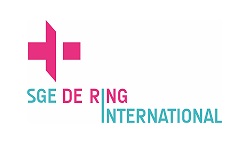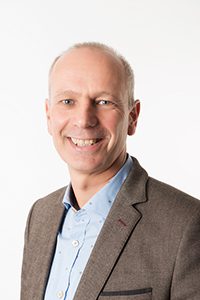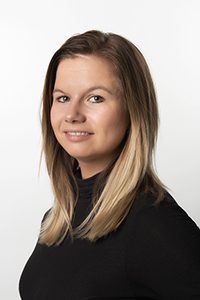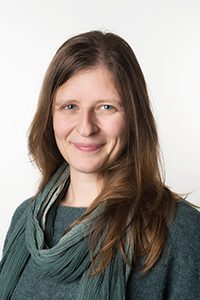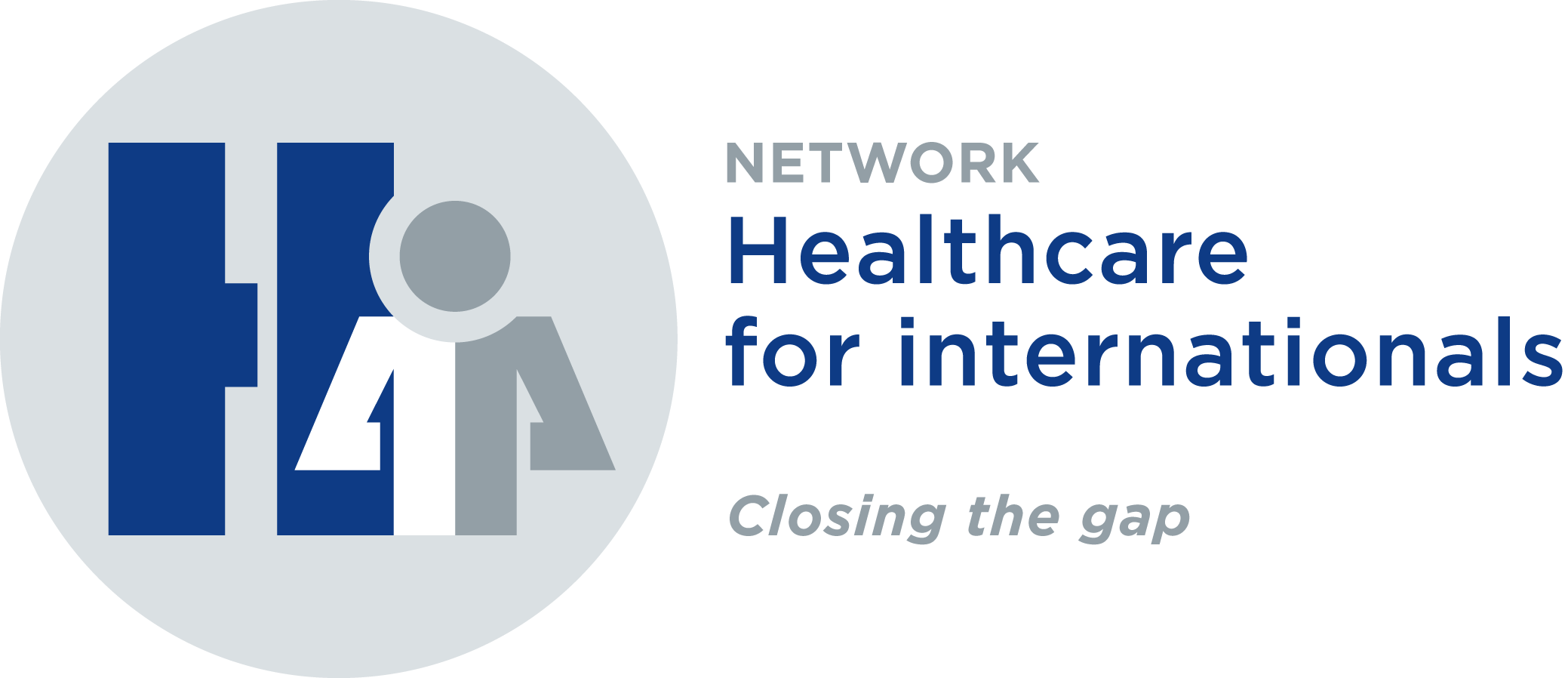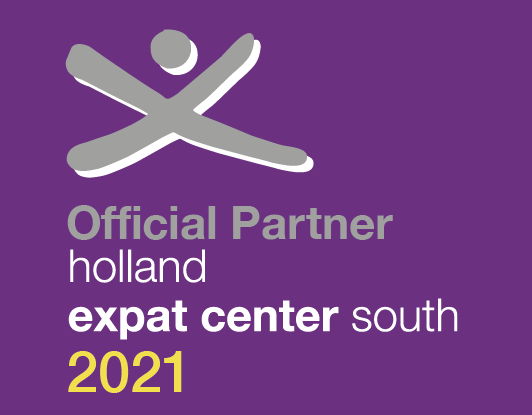Robert Hazenberg, Site Manager of SGE International thinks it was important to start the international primary health care center.
“Research had shown that 40% of the expats didn’t trust their GP. This is quite alarming as we think ourselves that our health care system is very good. Therefore, at SGEI, we started a process, together with an international panel to determine the needs of the International community. This has been significant because in health care sometimes we forget to ask what the client needs.
Being in a region where there are many internationals, we wanted to accommodate this group however, within the Dutch Health care guidelines. I think we succeeded. It has been a long course in which we have put a lot of energy, starting from the very first meeting. Now that the center has been open for one year, we can be proud of what has been accomplished. We have reached our target number of patients.
Although the effort was noteworthy, the enthusiasm of all the SGE International professionals has been praised by the users of the center as almost all feedback forms have been positive.
International companies have also supported our initiative too as they noticed that their staff felt that they were being listened to.”.
Robert foresees a continued growth. He expects more people to register and the services will be expanded according to what is needed; for example, physiotherapy, a dietician and a new possibility to sample blood will be coming soon. Investing in E-health tools is something on his wish list too.
“What I am also proud of is that we are setting an example for other providers in the region and even in the country. We are open to share our experiences and knowledge and we would like to contribute to better health care in the Netherlands.”
Anne van Deursen, the Doctor Assistant experienced her first year at SGE International as ‘very nice’.
“Before I started here, I was a bit nervous on how to deal with the different expectations of people from different cultures. When a client would come in for a health-check for example, I had to explain that we don’t perform health checks. At first they would be very surprised, but after my explanation they understood and accepted our policy. It has been very nice to gain the trust of new clients.”
In this context she shares a rewarding experience: “A woman came in for a Pap smear (a check for cervical cancer) and she was very nervous. In her home-country it was performed more often and from an earlier age compared to the Netherlands. She was almost crying and actually she didn’t want to do the examination but after talking with her and reassuring her, she let me do it. Afterwards she was very relieved. She told me she had never experienced this procedure this way and that it was not painful at all. She was sure that next time she would be much less anxious. It felt so good to have gained her trust and that was able to give her a different, less traumatic experience.”
Anne also performs medical treatments, checks and procedures of which sometimes international clients think that only the GP or a specialist can do. She needs to explain that she is schooled for it. “Sometimes people think that I am a secretary. For example when someone calls for an appointment and I start asking questions about their illness. I often get the question why do I want to know that, why should they tell the secretary? I explain how, with that information, I can advise if a client needs to see the GP and if it’s urgent. Then there is no problem and the internationals will tell me their medical complaints. Sometimes I can give advice directly and the caller doesn’t need to come to the practice.”
Doctor Hebe Rullmann, the GP (huisarts) of SGE International
“It has been a year with a lot of progress and changes. We managed to set up the basic health care facilities, plus we laid the ground work for expanding on the services and working together with other health care providers. Concretely this has resulted in the midwives of Kinderrijk Meerhoven and the consultation bureau (child development) working alongside us. Besides that, we are in contact with regional hospitals to improve our international services.”
It’s why she enjoyed the SGE International symposium ‘Closing the Gap’ very much: “To get in touch with other health care providers and to see them also being very interested in providing health care to internationals.”
On a personal level Hebe was pleased to experience the many different cultures in the center. They enriched her ability to better understand people with various backgrounds. “During consultations with our clients I have come to know about many diverse work practices and it was interesting to learn the variations in treatments and procedures in other countries”
She notices that international patients need more time in order to have their health care needs met. “We have to overcome barriers in language, culture, practical aspects and not being familiar with the Dutch health care system for example. Internationals are very curious and inquisitive about how you come to a treatment plan. They ask a lot of questions about it, and it is nice I have the time to explain this.”
 Nederlandse website
Nederlandse website Nederlandse website
Nederlandse website